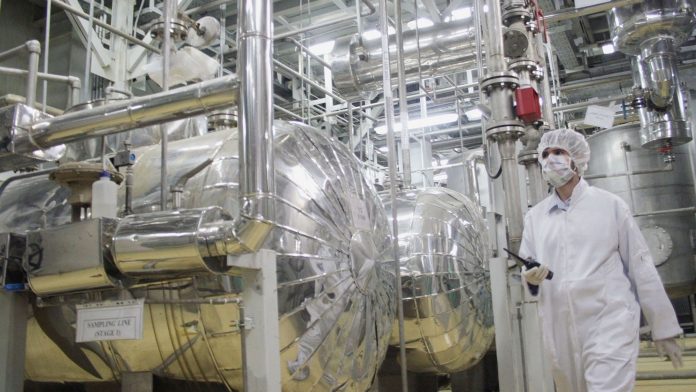
On 20 April, the talks in Vienna entered the second round of discussions as countries pushed towards achievable goals. Iran, China, Russia, Germany, France, the UK and the EU agreed to form a third expert working group to prioritize the restoration of the accord.
On 19 April, Iranian President Hassan Rouhani said: “we will reach results in a short time if the Americans move within the framework of honesty.”
The talks have achieved about 70 per cent progress in reaching its goals. However, on 21 April, a US State Department official revealed that despite some progress, important disagreement with Iran continues to exist.
An American delegation is also in Vienna but not talking directly to Iran. Iran’s Deputy Foreign Minister Abbas Araqchi, who leads Iran’s negotiating team in Vienna, has said the talks have entered a new phase.
Iran had proposed draft agreements that could be a basis for negotiations, he has said.
Many geopolitical experts have criticize President Biden’s hesitation in taking the first step to revitalize the Joint Comprehensive Plan of Action (JCPOA), the official name for the 2015 nuclear deal. Apart from the US, the nuclear deal has its opponents like Israel and Saudi Arabia.
